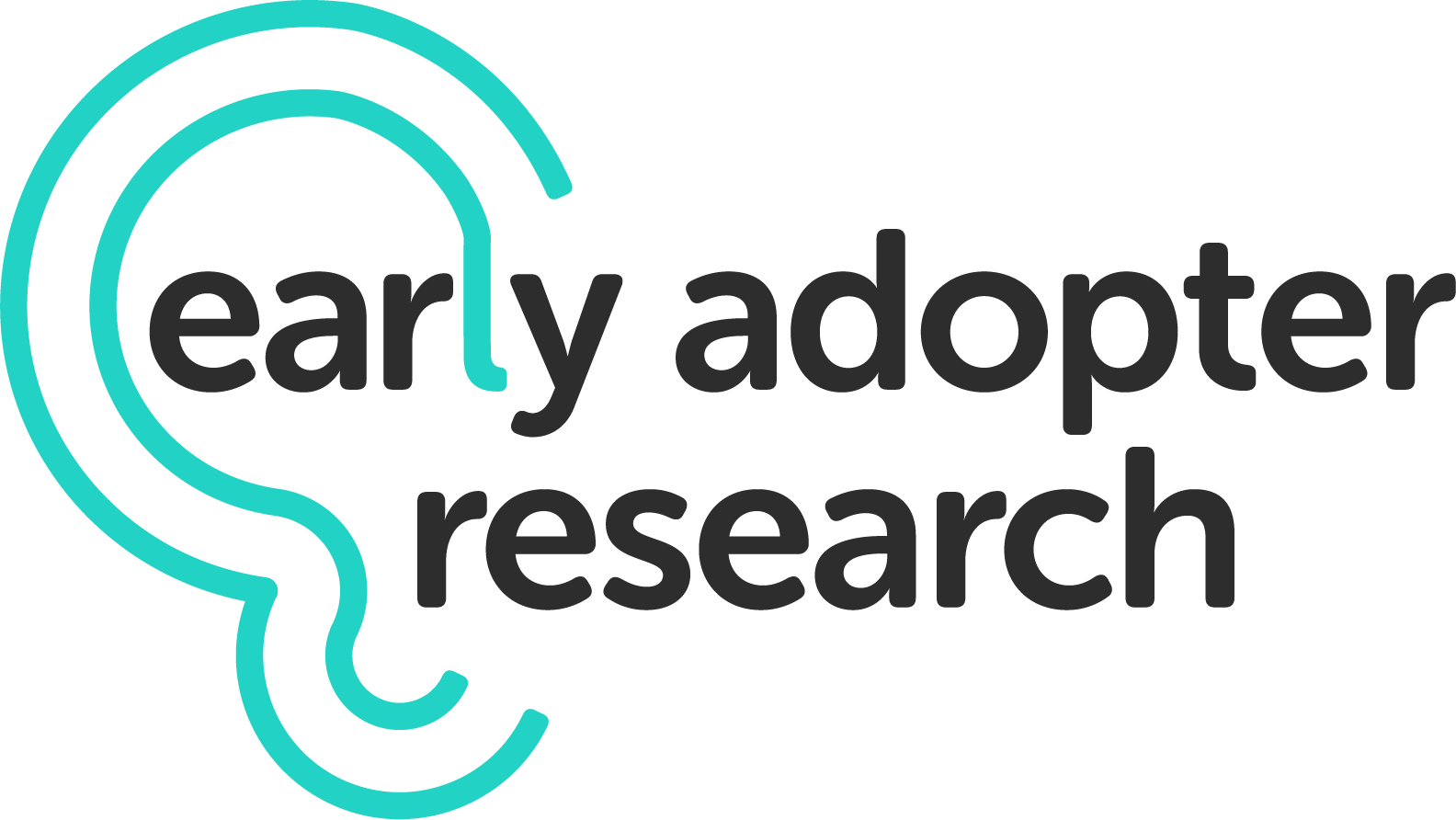Based on a series of interviews with executives who successfully transitioned their organizations to third-party support.
Decoupling support contracts from Oracle dramatically reduces the organization’s IT infrastructure costs, improves the quality of support, enables greater efficiency, and offers more freedom, autonomy, and control. These are tangible benefits underpinned by the value you derive by working with a partner that puts you in the centre of everything it does.
Making a move to a third-party support vendor is a game-changer. For these organizations, the new third-party support vendor provides better quality support, faster, and for less.
Here are five things a third-party support vendor can give you that Oracle can’t.
#1 Better quality of support
- Ability to analyze the whole system – regardless of modifications, to solve the problem
- A proactive approach to expanding and improving software use and functionality
A third-party support vendor focuses on the analysis of the problem. They are not bound by the same restrictions that Oracle uses around modifications; they’ll also look at the system.
Third-party support vendors are more willing to take a proactive approach to service and support. For example, they look at what impact changes might have in other areas such as compatibility with browsers, Excel, Word, Microsoft products.
Whatever you’re running, if it’s customized, if it’s a data problem, your new third-party support vendor will try to figure out what the problem is. It doesn’t matter if it’s customized code or any extensions you’ve written; they’re there to help. That’s a massive departure from the Oracle experience, where the starting position is to prove you have a problem before they attempt to fix it; the difference in service quality is astonishing.
As they progressed on their journey, everything around their ERP was due to change for one organization. As changes happened, they had confidence in their new support partner’s ability to ensure their applications still worked in the new environment. The support they received positioned the business to move forward.
The support they received was of better quality and helped improve the ROI on the company’s technology investments by increasing the functionality of their existing software.
#2 More efficiency
- Less patching and testing resulting
- No more chasing tickets
- Frees up managed services team to focus on projects with more significant business impact
Every update Oracle provides requires regression-testing because the update might touch different parts of the system. After you move away from Oracle support, the blanket updates to modules and features stop. When staff aren’t spending all their time patching systems or chasing support tickets, they’re more productive and will have more time to focus on things that matter to the business.
This situation was incredibly ‘taxing’ for one company; here’s how:
When the company received Oracle updates, it always had to accept all the state regulatory updates, even though they only operated in four or five states.
In contrast, their new third-party support vendor only updates what the organization needs or what’s broken. As a result, the organization can avoid countless unnecessary regression-testing cycles. The IT team is no longer stuck in a constant process of implementing software and production, which saves people and time.
#3 Better service, less expense
Third-party support can cost 50 percent less than Oracle support, which adds up quickly.
Depending on the size of the enterprise, you can save more than $1 million annually.
One large consumer products company shaved 55% off their maintenance costs using third-party support; that’s a measurable success. Less tangible but equally important is the superior quality of support and service they’re now receiving.
According to the company’s director, everyone is much happier with the quality of support they’re receiving from the new third-party support vendor versus the Oracle support experience. Since they went live, they’ve had nothing but good reports. They get callbacks within an hour; the staff are experienced, and they provide regular updates on the status of open tickets. There are no more black holes.
If you negotiate well, you can save two-thirds just on the software cost. And then, the savings that go beyond that include avoiding upgrades; that’s a huge cost you can put a number on. For example, instead of paying extra to receive regulatory upgrades, updates are provided as part of the third-party support package at a much lower price – and only for the states the company needs.
#4 More freedom
Using a third-party support vendor gives the company more freedom to choose how its infrastructure will evolve.
- Ability to set the pace for change
The decision to break the support tie with Oracle offers your company more choices in what solutions you want to use in the future. If you’re going to evaluate a different payroll solution that’s better for your needs, you can. Planning a five-year road map now becomes an exercise in assessing best-of-breed solutions, not increasing the footprint and potential lock-in from a single, proprietary vendor. With a third-party support vendor, you get much more runway to use the software and take the time to evaluate and plan your long-term roadmap.
#5 More control
- More control over decisions affecting the IT infrastructure and roadmap
Taking a more holistic view of the full IT estate ushers in a new era of functionality that the customer, not the vendor, drives. Rather than accept 25% of a solution, the modules, the upgrades, the licenses and the support for the licenses you don’t need or use, you can say no.
Every organization will have a different 20% of the 100% that they want. If you’re operating at less than a billion dollars, you will still have all the same processes and needs of a big company, just on a smaller scale; even moving to a We’cloud ERP is expensive.
Organizations are coming full circle since the 1990s where they shifted from homegrown systems to adopting packaged software. The IT estate mix is changing, with many companies opting to combine on-premise and hybrid cloud solutions. The cloud journey takes time. Enterprises want more agency in deciding the pace and direction of their journey. Using a third-party support vendor unhooks you from Oracle, giving you the freedom to choose what’s best for your business.
You gain the freedom to decide where you want your infrastructure going, at a pace you control. You can take the time to evaluate what cloud you’ll be using, rather than on a forced-march to the Oracle cloud. While you’re working it out, you’ll be paying a lot less for support. By breaking the cycle with Oracle, the world is your oyster—you have choices. You don’t have to head down that one-way track of upgrading for $4 to $5 million.
More business value
- Better collaboration between the managed services team and the support vendor
Third-party support vendors provide more value for money. They’re more willing to work as a partner that puts your organization’s interests at the heart of their service standard.
If you’re considering a move to third-party support, chances are you’ve already lost faith in Oracle’s ability to respond to a support request quickly. Although you expected timely support, it just never happened.
When you logged an issue, regardless of the severity and importance of the incident, were you satisfied that Oracle responded to your request urgently? Were you updated about the status of the issue? Or, did you need to reach out to your client rep and have them follow up to prioritize your request? Sound familiar?
The difference between Oracle support and third-party vendor support is like night and day. The service level agreements (SLAs) the third-party support vendor agrees to happen. Requests aren’t filtered up through several people. Your issues don’t need to be chased up by a client rep.
Now, that’s a breath of fresh air.

